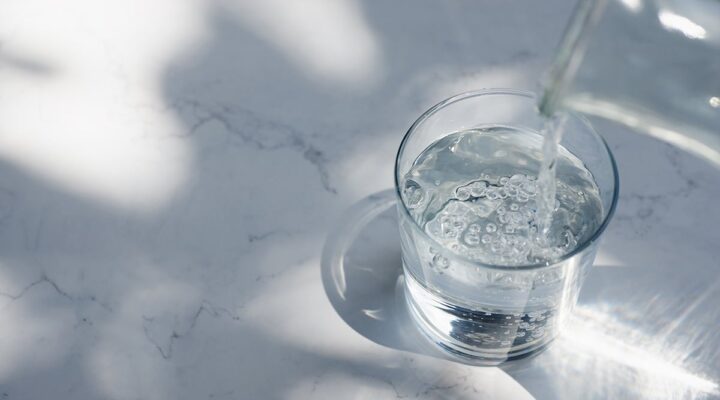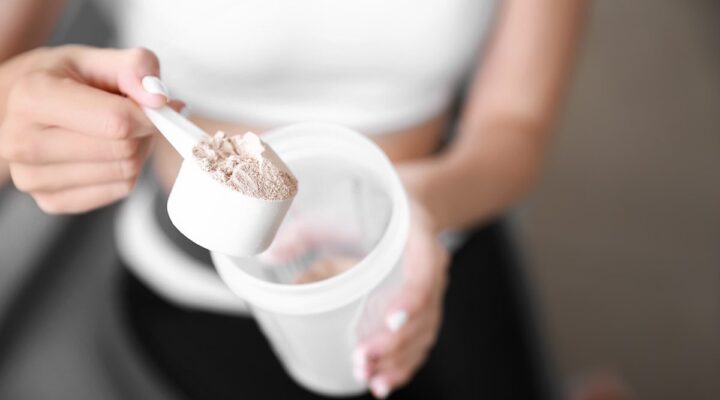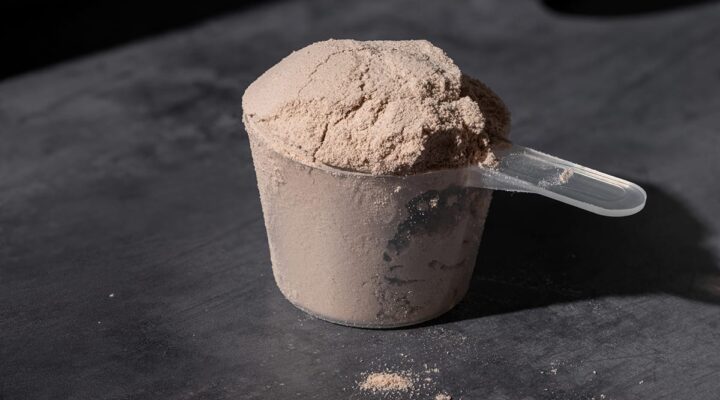Show the Planet (And Your Skin) Some Love With These Sustainable Skincare Tips
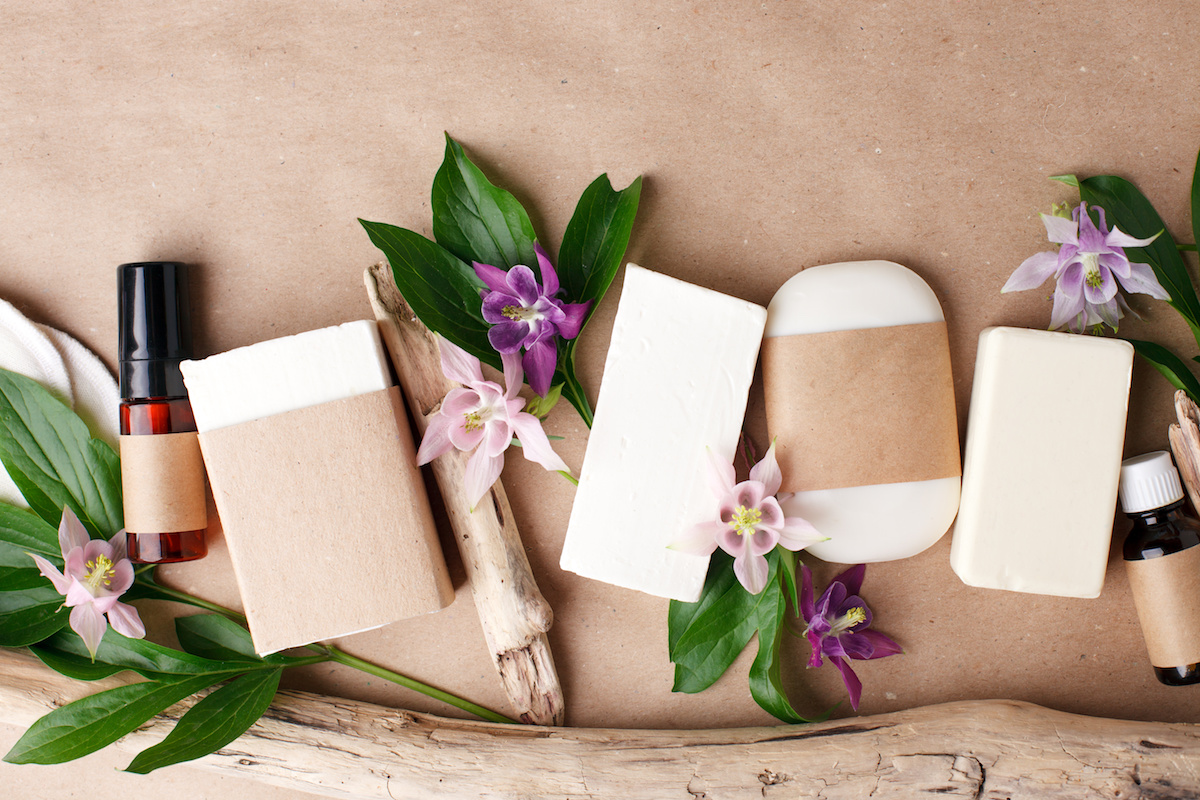
Campaigns for a more sustainable fashion industry and proper recycling in the kitchen have led to those issues becoming mainstream concerns. But while we might have our wardrobe and kitchen waste on the way to being sorted (there’s still a long way to go, mind you), we’re still somewhat lagging when it comes to waste in our bathrooms.
A 2019 survey found that while 90 percent of us recycle kitchen waste, 50 percent of Brits don’t recycle bathroom waste such as shampoo, conditioner, and shower gel bottles. The result is 2.7 billion plastic bottles hitting landfills every year, a staggering amount of waste, and one we simply can’t sustain.
REN Skincare is one brand leading the charge for change. By 2021, it hopes to be completely zero waste in all its packaging. “Sustainability shouldn’t be a buzzword to greenwash clients into buying your brand,” says David Delport, skincare expert and global ambassador for REN. “We must do better than that and commit to transparent change. It’s not about absolute perfection, rather continued effort, change, and improvement.”
The ingredients used in the industry are also having a massive environmental impact. Non-natural chemicals are used in numerous cosmetics products to elongate their long shelf life. But these harmful chemicals don’t break down and instead accumulate in our ecosystems once they’re washed away down our sinks.
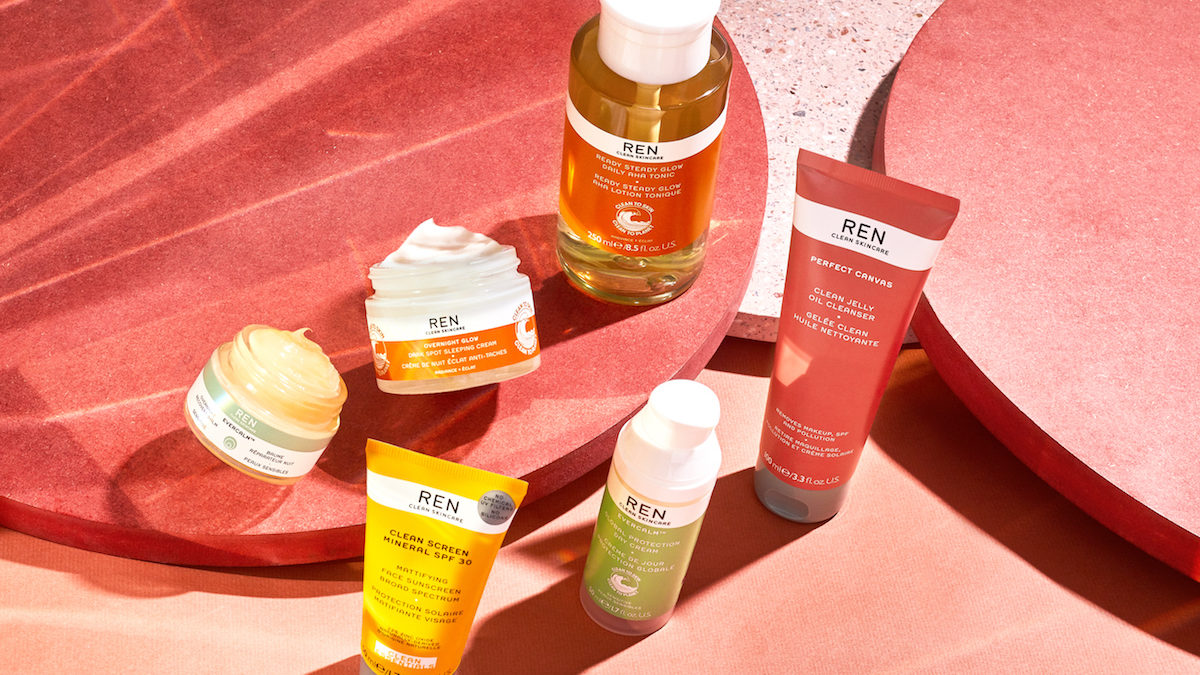
It’s seen a rise in products advertised as ‘natural’ as a result, but natural doesn’t mean sustainable, especially when large corporations look to source these natural ingredients as quickly and as cheaply as possible.
“When we get pitched new ingredients by laboratories we have to checklist them against the sourcing of those raw materials (so they do no harm) as well as things like energy usage,” says Delport. “There is no point in creating a brilliant skincare molecule if it takes so much energy to make or is created using toxic processes.
“The word ‘natural’ carries zero weight anymore because it doesn’t mean something is necessarily good for your skin or good for the planet. That is why we started the ‘clean’ movement and take a 360’ approach to sustainability.”
To help you in your quest for a more sustainable, environmentally-friendly skincare regime, Delport has kindly put together his tips for buying and disposing of your cosmetics in an eco-conscious manner.
4 Easy Ways To Buy More Sustainably
- Go for brands that support good causes. You can give back by purchasing in so many ways.
- Avoid greenwashing by educating yourself on what labels really mean (recycling/organic/natural). We should be smarter than the marketeers selling us the products.
- Don’t use single-use products (anything that is for daily use and throw away) and purchase reusable flannels and cotton rounds.
- Finish products before purchasing something else and buy less. We should have a dozen products that we love and that truly perform rather than a bathroom cabinet that looks like a museum. You’re not cool if you have hundreds of products in your bathroom. It’s important to find a less wasteful way to feel good about yourself.

Scanning The Ingredients
The industry uses thousands of ingredients of which have multiple ways of sourcing and producing, and it can be a minefield. For example:
- If it sounds rare, how sustainable is it that we are using it in a product? Does it come from a high-risk area where there is an exploitation of natural resources?
- Is it grown responsibly or wild-harvested? Some ingredients are fine to wild harvest if done sustainably but only the supplier of that molecule or ingredient can accredit that. Some molecules are grown in labs too like certain algae extracts and bio-fermentation ingredients.
- Does it contain animal derivatives?
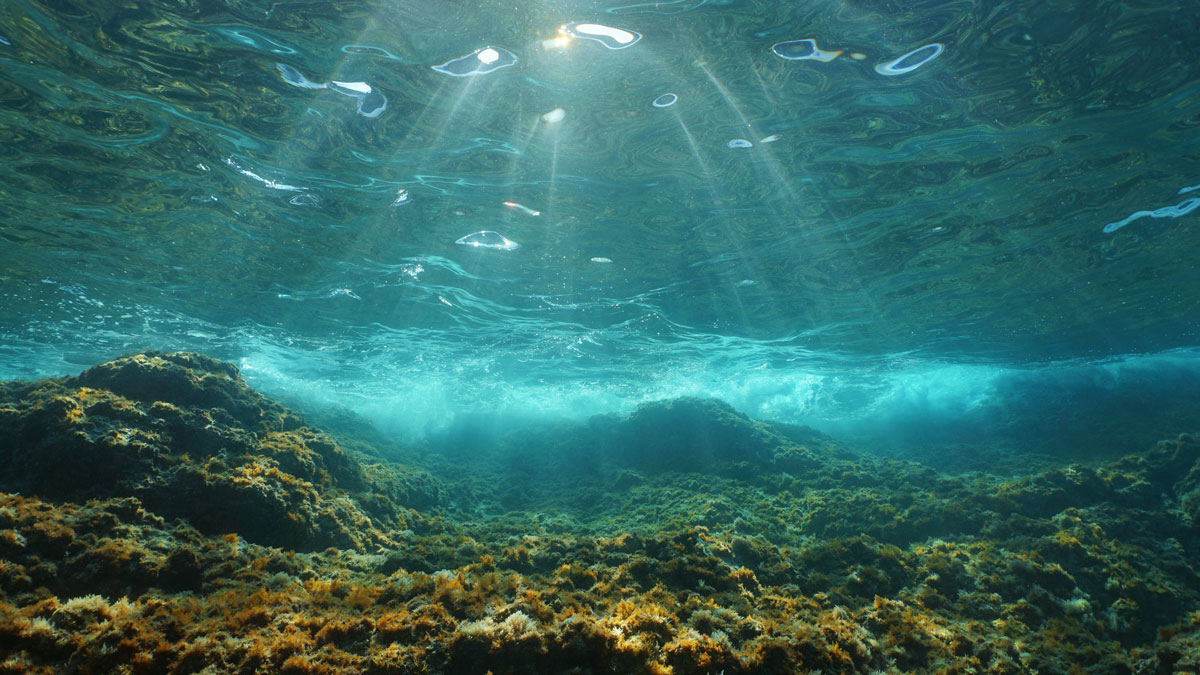
Restricting Water Wastage
When washing your face, dampen your face first, then apply a small amount of cleanser. Most good cleansers don’t need a lot of water as they don’t high foam and dry your skin. Alternatively, go for an oil emulsifying cleanser that doesn’t need much water to remove. Also, wash your face in the shower and double down on your water usage. Don’t let taps run while cleansing. Remove masks with damp flannels before a final quick rinse instead of using running water.
Personally, I know less water is an emerging trend and I’m all for it, but the biggest issue facing the world today is climate change. We need to be using less energy and consuming less. Shopping local and purchasing brands that ship rather than air freight is another way you can make a difference.



